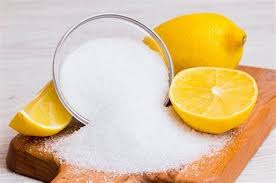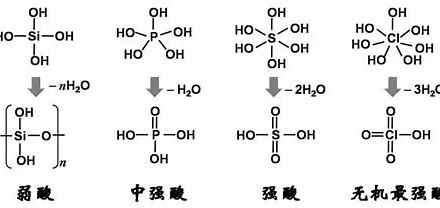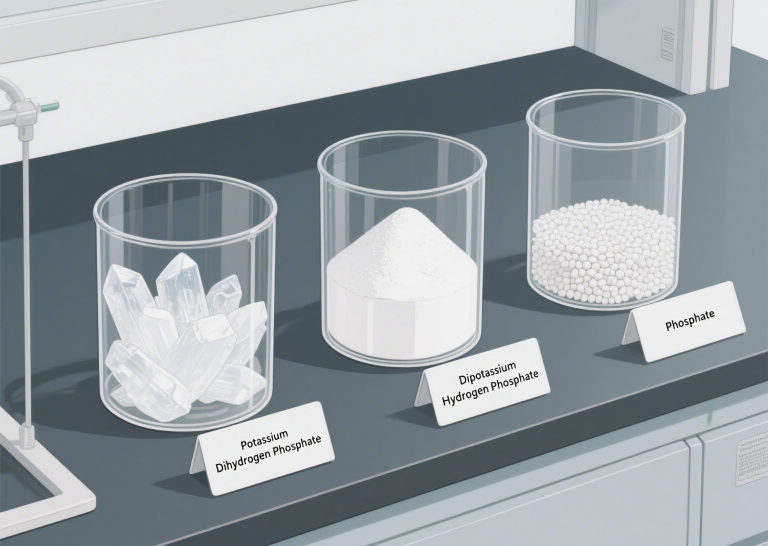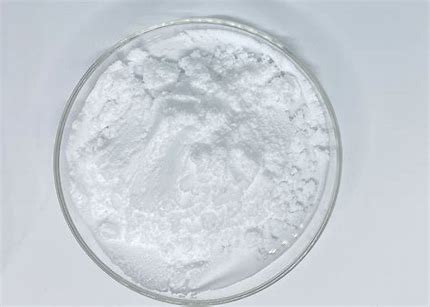Is sulfuric acid a strong acid?
Understanding its acidity is crucial for anyone working with or studying this important chemical compound. This comprehensive guide will delve into the nature of sulfuric acid, explore the definition of a strong acid, and provide a detailed explanation of why sulfuric acid unequivocally qualifies as one, with some interesting nuances.
Defining Strong Acids: The Foundation of Acidity
To answer the question definitively, we first need a clear understanding of what constitutes a strong acid:
- Complete or Near-Complete Dissociation: A strong acid is defined as an acid that almost completely dissociates into its ions when dissolved in water. This means that for every molecule of the acid added, almost all of it will break apart into a hydrogen ion (H⁺, which immediately forms a hydronium ion, H₃O⁺, in water) and its conjugate base.
- High Concentration of Hydronium Ions: Due to this near-complete dissociation, solutions of strong acids have a high concentration of hydronium ions (H₃O⁺), leading to a low pH value.
- Low pKa Value: Quantitatively, the strength of an acid is often expressed using its acid dissociation constant (Ka) and its negative logarithm, pKa. Strong acids have very large Ka values (typically > 1) and correspondingly very low (often negative) pKa values.
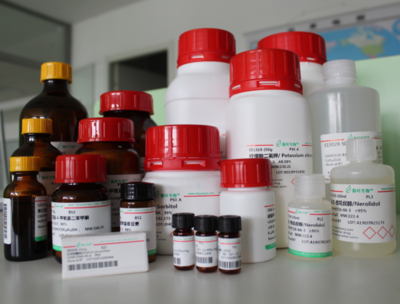
Sulfuric Acid (H₂SO₄): A Closer Look at Its Structure and Behavior
Sulfuric acid is a diprotic acid, meaning it can donate two protons (H⁺) per molecule in aqueous solution. This two-step protonation is key to understanding its overall acidity:
- First Proton Dissociation: When sulfuric acid dissolves in water, the first proton is readily donated:
H₂SO₄(aq) + H₂O(l) → H₃O⁺(aq) + HSO₄⁻(aq)The acid dissociation constant for this first proton (Ka₁) is very large (estimated to be > 10³), and its corresponding pKa₁ is very low (estimated to be < -3). This indicates a near-complete dissociation of the first proton, firmly establishing sulfuric acid as a strong acid for its first dissociation. - Second Proton Dissociation: After the first proton is lost, the hydrogen sulfate ion (HSO₄⁻) can also donate a proton, acting as a weaker acid:
HSO₄⁻(aq) + H₂O(l) ⇌ H₃O⁺(aq) + SO₄²⁻(aq)The acid dissociation constant for this second proton (Ka₂) is significantly smaller (Ka₂ ≈ 1.2 × 10⁻²), and its corresponding pKa₂ is around 1.99. This indicates that the hydrogen sulfate ion is a weak acid; it does not dissociate completely in water.
Why Sulfuric Acid is Classified as a Strong Acid
Despite its diprotic nature and the weaker second dissociation, sulfuric acid is overwhelmingly classified as a strong acid due to the behavior of its first proton:
- Near-Complete First Dissociation: The extremely large Ka₁ and very low pKa₁ values unequivocally demonstrate that the first proton of sulfuric acid dissociates almost completely in water. This single protonation is sufficient to significantly lower the pH of a solution.
- Dominant Effect on pH: In typical concentrations of sulfuric acid, the concentration of hydronium ions produced from the first dissociation far outweighs the contribution from the second, weaker dissociation. Therefore, the overall acidic behavior of sulfuric acid in most practical scenarios is that of a strong acid.
- Comparison to Other Strong Acids: Sulfuric acid is often listed alongside other well-known strong acids like hydrochloric acid (HCl), nitric acid (HNO₃), hydrobromic acid (HBr), hydroiodic acid (HI), and perchloric acid (HClO₄), all of which exhibit near-complete dissociation in their first proton donation.
The Nuance of the Second Proton: A Weak Acid Behavior
It’s important to acknowledge the behavior of the second proton:
- Hydrogen Sulfate Ion is a Weak Acid: The hydrogen sulfate ion (HSO₄⁻) does not dissociate completely in water. Its Ka₂ and pKa₂ values are characteristic of a weak acid. This means that in a solution of sulfuric acid, while most of the initial H₂SO₄ molecules lose their first proton, only a fraction of the resulting HSO₄⁻ ions will lose their second proton.
- Impact at Higher Concentrations: The contribution of the second proton’s dissociation becomes more significant at higher concentrations of sulfuric acid, leading to a slightly lower pH than would be predicted based solely on the first dissociation. However, the initial and dominant effect is still due to the strong first dissociation.
Practical Implications of Sulfuric Acid’s Strong Acidity
The strong acidic nature of sulfuric acid has significant practical implications:
- Corrosive Properties: Its ability to readily donate protons makes it highly corrosive to many materials, including metals, organic tissues, and even some plastics.
- Industrial Applications: Its strength makes it invaluable in numerous industrial processes, such as metal cleaning, fertilizer production, and chemical synthesis.
- Laboratory Reagent: In the lab, it’s a common reagent for acid-base reactions, titrations, and as a catalyst.
- Safety Precautions: Due to its strong acidity, handling sulfuric acid requires strict safety protocols, including the use of appropriate personal protective equipment (PPE).
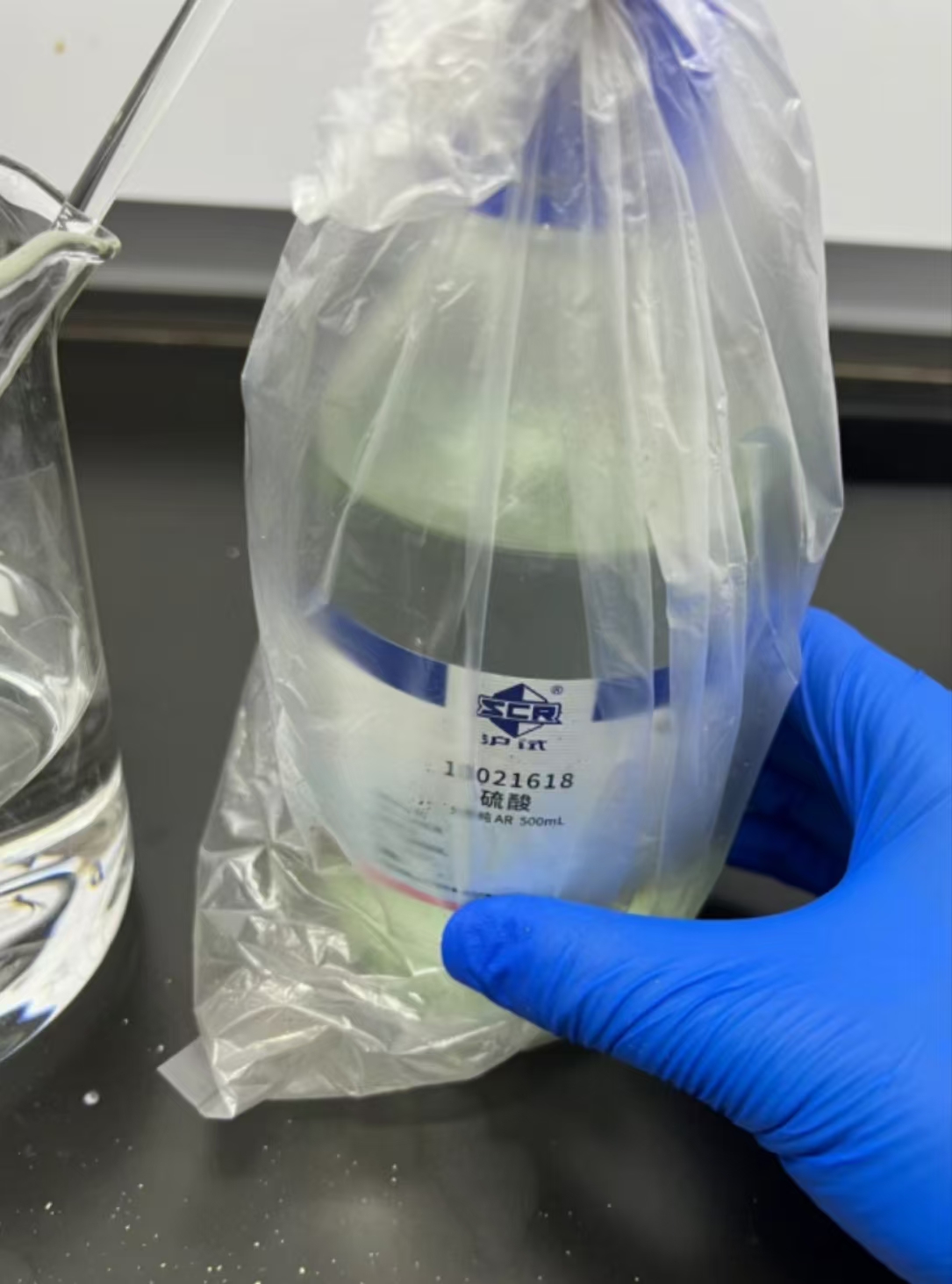
Conclusion: Sulfuric Acid – A Strong Acid with a Weaker Side
In conclusion, sulfuric acid is unequivocally classified as a strong acid due to the near-complete dissociation of its first proton in water. This initial dissociation dominates its acidic behavior in most practical applications, resulting in a high concentration of hydronium ions and a low pH. While its second proton dissociation reveals the hydrogen sulfate ion as a weak acid, this secondary effect does not negate the strong acidic nature of sulfuric acid as a whole. Understanding this two-step process provides a more complete picture of the powerful acidity of sulfuric acid.
Frequently Asked Questions (FAQ)
- What is the pH of a 0.1 M sulfuric acid solution? (The first dissociation is essentially complete, yielding 0.1 M H₃O⁺. The second dissociation contributes a smaller amount, slightly lowering the pH below 1.0, but the initial impact is from the strong first dissociation.)
- How does the strength of sulfuric acid compare to other strong acids? (For their first protonation, they are generally considered to dissociate completely and have very low pKa values, making their strengths comparable in dilute solutions.)
- Is dilute sulfuric acid still considered a strong acid? (Yes, the first proton dissociation remains near-complete even at low concentrations, thus maintaining its classification as a strong acid.)
- Why is the second proton of sulfuric acid weaker? (After losing the first positively charged proton, the remaining hydrogen sulfate ion (HSO₄⁻) has a negative charge. This negative charge attracts the remaining positive proton, making it more difficult to remove, hence the weaker acidity.)
- Are there any conditions where sulfuric acid doesn’t act as a strong acid? (Primarily in non-aqueous solvents where the ability of the solvent to stabilize ions formed during protonation is different than water, potentially affecting the extent of dissociation.)
References
- Chemistry: The Central Science by Brown, LeMay, Bursten, Murphy, Woodward, Stoltzfus.
- General Chemistry by Petrucci, Herring, Madura, Bissonnette.
- Various online chemistry resources (e.g., LibreTexts, Khan Academy).
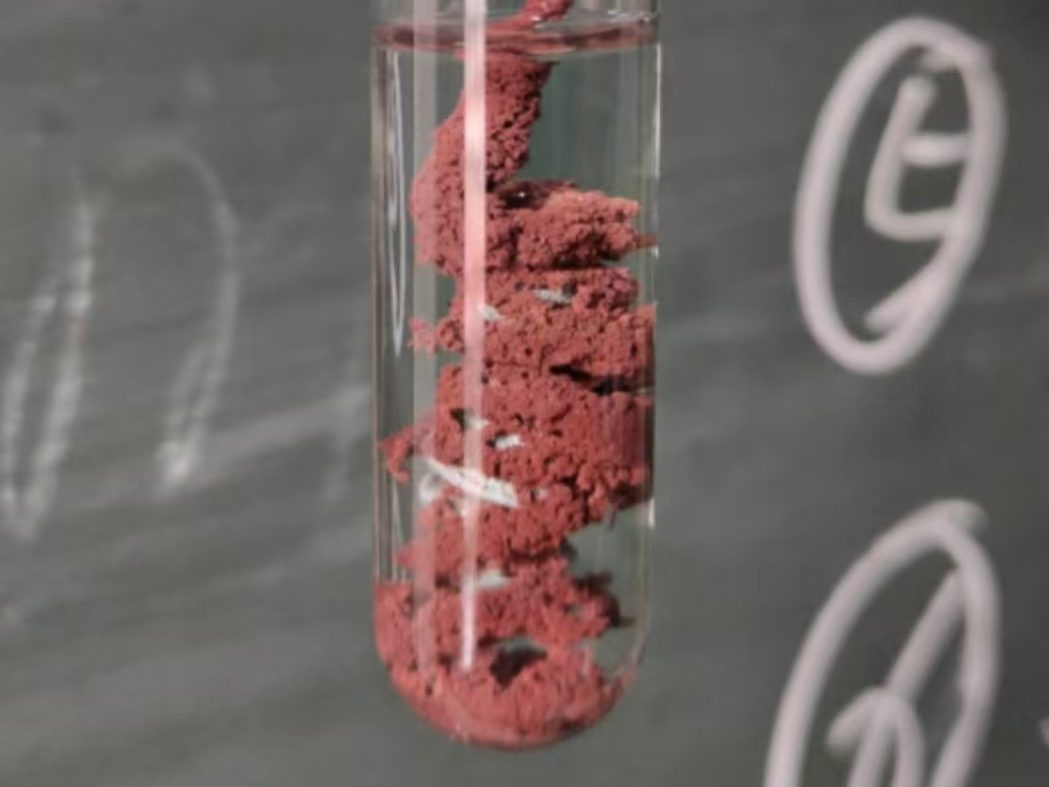
pKa Value and Its Significance
The pKa value of sulfuric acid provides insight into its strength. I find it fascinating how this value helps quantify the acid’s ability to donate protons. A lower pKa value indicates a stronger acid, and sulfuric acid’s pKa values reflect its potent acidic nature. Understanding these values allows me to appreciate the acid’s role in various chemical processes.
The pKa value measures the strength of an acid by indicating how easily it donates protons. A strong acid like sulfuric acid has a low pKa value, meaning it readily releases hydrogen ions.This concept helps me understand why sulfuric acid lowers the pH of solutions and is effective in chemical reactions.
The second pKa value of about 1.99 shows the release of the second hydrogen ion, highlighting its strength as an acid.
Sulfuric acid is widely used in industries like fertilizer production and petroleum refining.It helps convert phosphate rock into phosphate, a key ingredient in making fertilizer. Sulfuric acid also facilitates chemical reactions, such as in the production of hydrochloric acid, nitric acid, and ester compounds.
Yuhan Chemical provides various sulfuric acids in various concentration levels. If you have any needs, please contact:https://www.yuhanchemi.com/ultra-pure-sulfuric-acid
Yuhan Chemical, focusing on chemical raw materials:https://www.yuhanchemi.com/about-us

